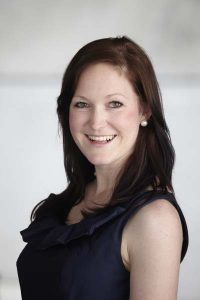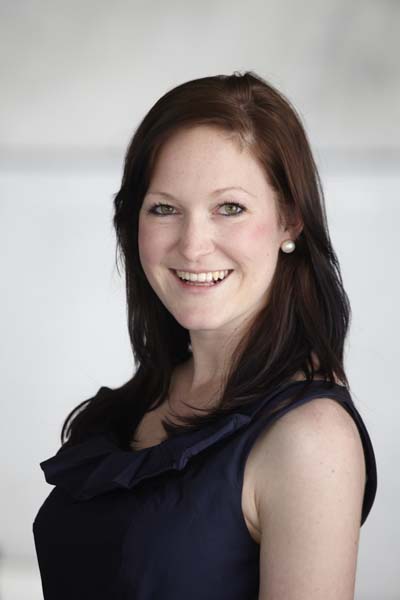
I clearly remember arriving here two years ago. I remember spending 20 minutes searching for Littauer, and the next 15 looking for a bathroom that was (a) empty; (b) clean; and (c) not able to be heard by everyone in the library.
The thing I remember most clearly was the question Debbie Isaacson, Associate Dean for Degree Programs and Student Affairs, asked us to answer on a Post-It note: Why are you here?
Of course, I thought I knew the answer.
Like most people in this room, my answer started with family. I thought of my Mum, who courageously brought me into the world as a single mother at a time in which single women could not even get mortgages.
Without a doubt, the sacrifices of our parents made it possible for us to be here today.
My thoughts then turned to Bangladesh, where I witnessed the aftermath of cyclone Sidr. I recalled corpses washed up along the coastline, villages in ruins, and a maddeningly ineffective governmental response. I thought of the failures of government that sparked our desire to make the world a better place and inspired us to come to the Harvard Kennedy School.
But now, as we prepare to leave HKS, I want to share a new perspective on why, I think, we are here.
I was recently struck by a David Brooks talk in which he draws a distinction between ‘resume virtues’ and ‘eulogy virtues’. Resume virtues – such as high GPAs and impressive job titles – are attributes recognized and rewarded in the marketplace.
Eulogy virtues, on the other hand, are attributes valued by humanity. These virtues are deeper, driven by a moral logic – Courage. Compassion. Loyalty. Consistency. – These virtues recognize something that Julia Fetherston so often reminds me: It is not all about you.
We live in a society that pushes us towards resume virtues. But in the long-run, our world needs leaders who exhibit eulogy virtues.
We want to be these kinds of leaders. And we came to HKS because this enduring community will help us to become them.
This community helps us to cultivate eulogy virtues through the example of our peers.
To name just a few, I see this in:
The deep compassion Jieun Baek shows the North Korean defectors she supports.
Nick Wilson’s willingness to engage with members of the criminal justice system nobody else is willing to hear.
Sara Minkara’s devotion to disabled children in Lebanon.
These efforts, putting service above self, represent the essence of virtues we want to be remembered for.
This community also helps us to develop eulogy virtues through the fellowship we share: Through classes that tested our ethics and straightened our thinking; through late night study groups where classmates generously, painfully, taught me statistics; and through the deep awareness of self and others that we continue to develop together.
Our efforts towards eulogy virtues were fostered through the HKS experiences we expected. But our eulogy virtues were tested through the unexpected. We were here during the Boston bombings. At this time, when it would have been easy to give into hatred and fear, this resilient community taught us to strive for better. In the wake of that senseless tragedy, we saw an entire city exhibit higher virtues.
This is not to say that our eulogy virtues are perfectly developed. We will always be tempted to avoid public scrutiny and the risk of failure. I know that in these challenging times, we will rely on each other to remind us of the eulogy virtues: That you have to give to receive; you have to surrender to something outside yourself in order to gain strength within yourself; to find yourself, you must lose yourself; to succeed, you must learn to fail.
Through this enduring community, we will forever be called upon to remain faithful to our eulogy virtues.
On behalf of the graduating class of 2014, I want to thank the incredible family and friends that got us this far. I want to thank the amazing Kennedy School leadership for serving as our teachers and mentors. And I want to thank each of you, my beloved classmates, for not just teaching but demonstrating eulogy virtues. I hope that, as we continue to support each other in the demanding journey ahead, it won’t be so challenging to write our answers for the Why are you here Post-It note of life.
Claudia holds a Bachelor of Arts and first-class honours degree in Law from the Australian National University. She has worked for Australia’s prime minister and cabinet, as an Attorney at King & Wood Mallesons, and as Research Director to the Chief Justice of Australia’s largest Supreme Court. Upon graduation, Claudia will work for the Boston Consulting Group in Washington, DC.
